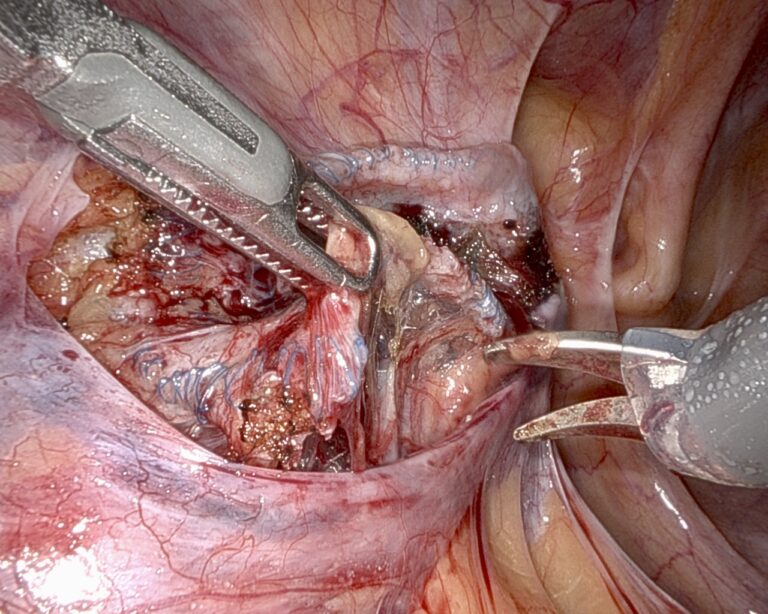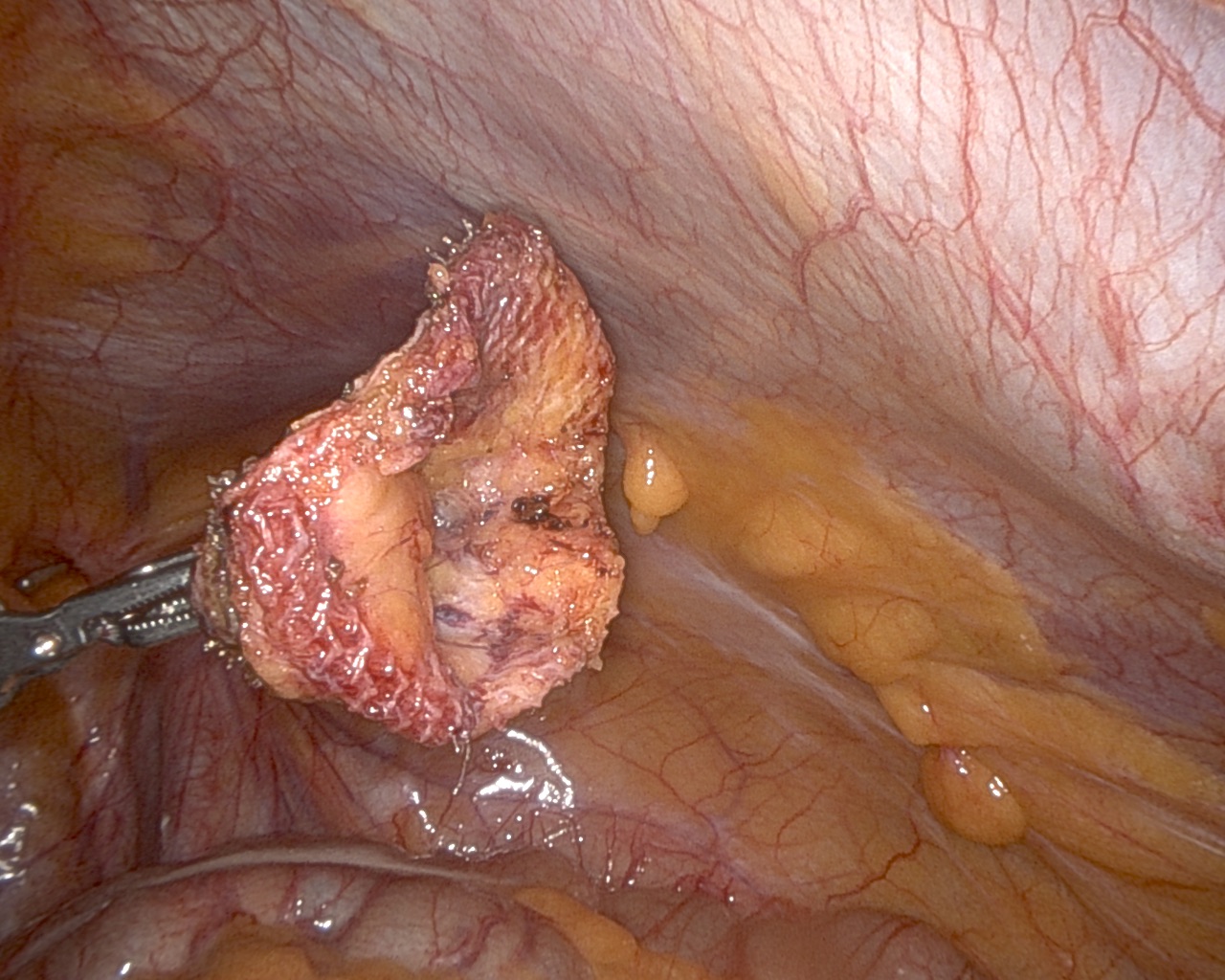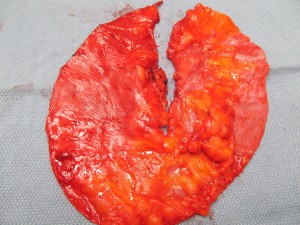 Contact Us
Contact UsRemoval of hernia mesh can be beneficial for those suffering from mesh-related complications. Still, it’s important to note that mesh removal may also come with risks.
Your hernia specialist needs to consider and discuss the following when considering mesh removal:
The following are possible risks associated with removing hernia mesh:
Robotic technology is a new tool that can enhance the safety of mesh removal. The improvement in visualization and precision of instrumentation has allowed for a higher degree of safety in mesh removal.

Dr. Jonathan Yunis is one of the most experienced surgeons in the world in the field of hernia and hernia mesh removal.
The staff and Dr. Yunis at Center for Hernia Repair understand the frustration of what patients have been through. We are here to help you with understanding and expertise.
Don't put your hernia problems off any longer. Contact us today to schedule a consultation.

Mesh removal surgery may cause discomfort and pain after the procedure. Pain can be managed with medications and the use of pain control techniques. Despite the pain from the surgery, patients that require mesh removal are often extremely happy because they are feeling so much better from the mesh removal itself.
Hernia mesh is designed to attract human tissue ingrowth after implantation for hernia repair. The ingrowth of collagen strengthens the repair. Muscle does not grow int the mesh.

